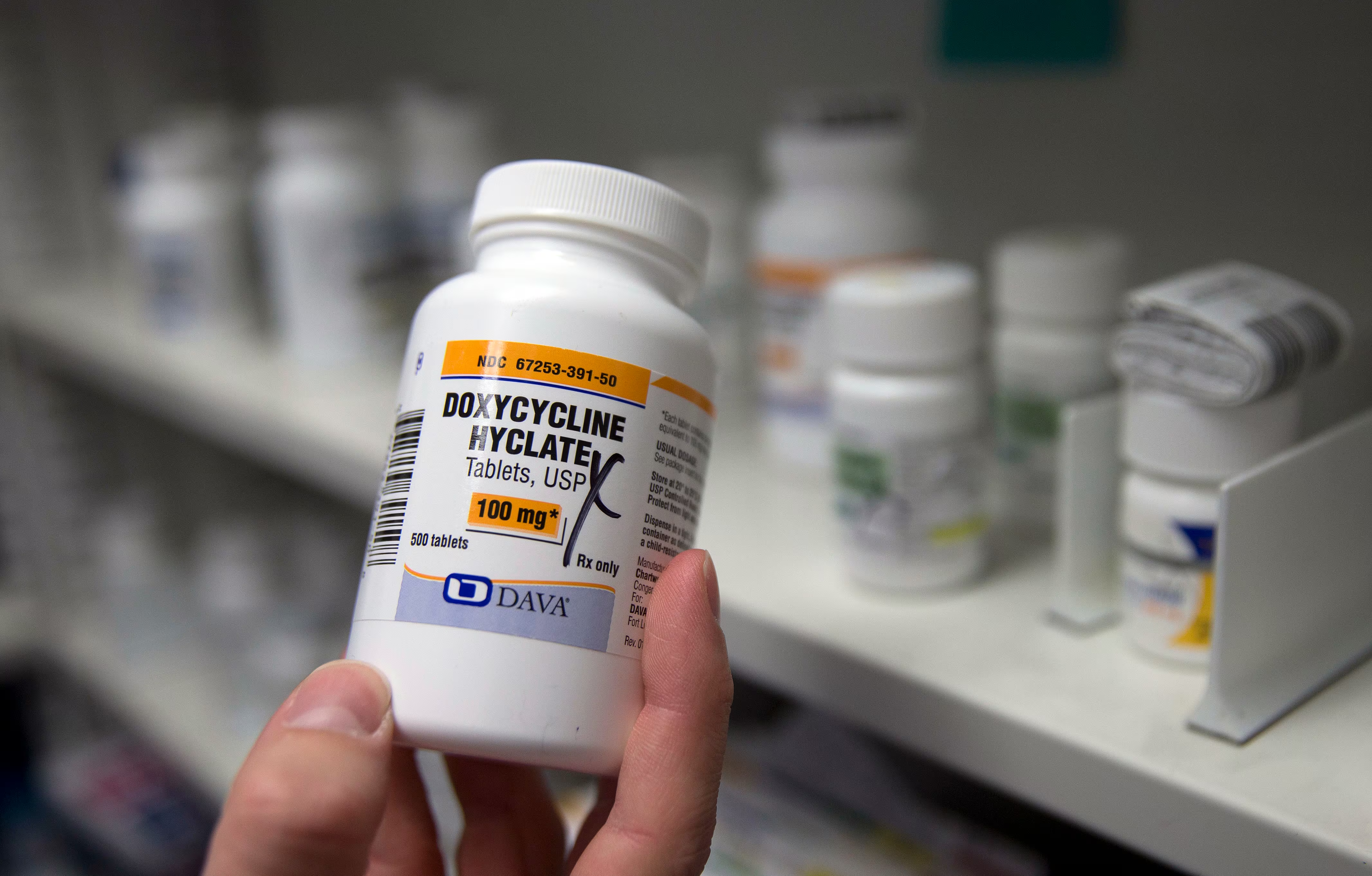Dina Fine Maron, health & science editor at Scientific American, discusses the breakthrough that could help doctors diagnose mental illnesses. Stem cells have enabled researchers to see how lithium affects the brain.
Researchers are converting patients skin cells into brain cells through genetic instruction. This allows them to look at the brain cells of a person with bipolar disorder and better understand how to treat it.
Maron explains this breakthrough will allow doctors to customize a patient's treatment plan, instead of giving them the same treatment given to everyone. Maron says the hope is one day researchers will be able to expose a patient's cells to a particular drug and see how they react before prescribing the drug to an actual patient.
Be Well: Benefits of Walking
A bedbug infestation is sweeping through the city of Paris and is being addressed by the French government.
Cheddar News checks in with your weather forecast for Monday, Oct. 2, 2023.
Tens of thousands of Kaiser Permanente workers could strike this week.
Scientists Katalin Karikó and Drew Weissman won the Nobel Prize in medicine for their research that helped pave the way for the mRNA vaccines.
An alternative mental health court program designed to fast-track people with untreated schizophrenia and other psychotic disorders into housing and medical care — potentially without their consent — kicked off in seven California counties, including San Francisco, on Monday.
U.S. health officials plan to endorse a common antibiotic as a morning-after pill that gay and bisexual men can use to try to avoid some increasingly common sexually transmitted diseases.
Canadian wildfires are again set to affect the northeastern part of the U.S.
A new study reveals that yelling and shouting at children can be as damaging as physical and sexual abuse.
Scientists Katalin Karikó and Drew Weissman won the Nobel Prize in medicine for their research that helped pave the way for the mRNA vaccines.











